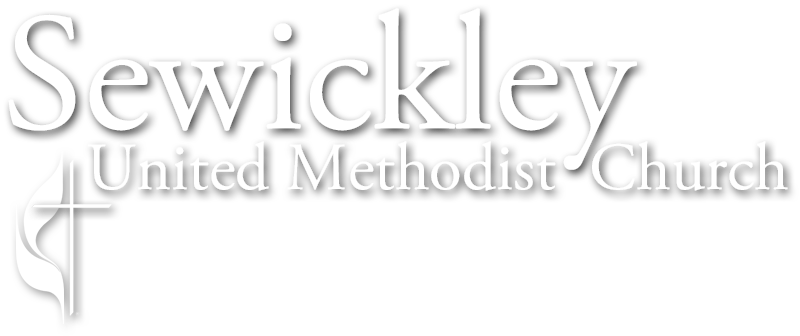What do Vanocka, English Muffin, Yufka, Zopf, Naan, Bagel, Qistibi, Paratha, Obi Non, and Grissini all have in common? They are among the most popular breads around the world. The interesting thing about these breads is that most of them date back to a time when all the modern amenities of the kitchen and food products did not exist like they do today. These are breads that were made over the fire or in stone ovens using the resources that were unique and available to the region in which they originated. We can find many of these breads right here in America, because people from all over the world have come to live here and brought their own cultures and traditions with them. Even if you are allergic to gluten, there is a bread for you!
The first Sunday in October is traditionally set aside to celebrate World Communion Sunday. This Sunday was started by Dr. Hugh Thompson Kerr of Shadyside Presbyterian Church in 1903. It is notable, however, that it really did not pick up popularity till following World War II. It was thought that when people are given the opportunity to come face-to-face with their mortality, they typically choose to connect with one another and not withdraw from others. As people started recognizing the power behind joining forces from all over the world, the celebration for World Communion Sunday really started to take on genuine meaning and become a vibrant part of the worship life. Death, war, conflict—they have a way of giving us a different perspective on what is truly important in this world. We are not alone. We are stronger when we lean into each other. Though the world seems so big, because we are a part of the body of Christ, the bread of life, we are connected to each other. We belong together.
Jesus said in John 6:35, “I am the bread of life.” Jesus has a wonderful way of using the resources around us, unique to each of our settings, circumstances, and abilities to feed his sheep. When we come to the communion table and eat the bread and remember his body, which was given for us, we acknowledge that Jesus is all we need. We bring ourselves, our own resources, and our own abilities to the table as an offering to the body of Christ, which is the Church. When we understand the ways in which we are connected and just how big the body of Christ really is, then we understand there is no reason any among us should go hungry; there is no reason any among us should go without having their needs met. We have plenty to give.
As we celebrate World Communion Sunday on October 2nd, I hope you approach the table thinking about what you can bring to share with the body of Christ. Maybe it is time to give to the Pumpkin Patch, which raises the money to extend our ministry here in Sewickley and offers an opportunity to show others what true hospitality looks like. Maybe you have a strong back to move pallets around and unload pumpkins. Maybe you have a love for children and their education and want to be a part of the Children’s Church program. Maybe you have a desire to make sure none among us go hungry and want to be a part of our food ministry. Maybe you want to make sure the Community Food Bank is never lacking in any of their needs. Maybe you serve best by committing yourself to prayer for our prayer list or sending out cards from the comfort of your own home. Just like there are all types of bread to satisfy the taste of anyone out there, there is something you have to offer to help provide for the needs of the body of Christ. There is no better way to celebrate World Communion Sunday then to serve the body and strengthen the bonds of those connections.
From one light to another,
Pastor Hannah Loughman

